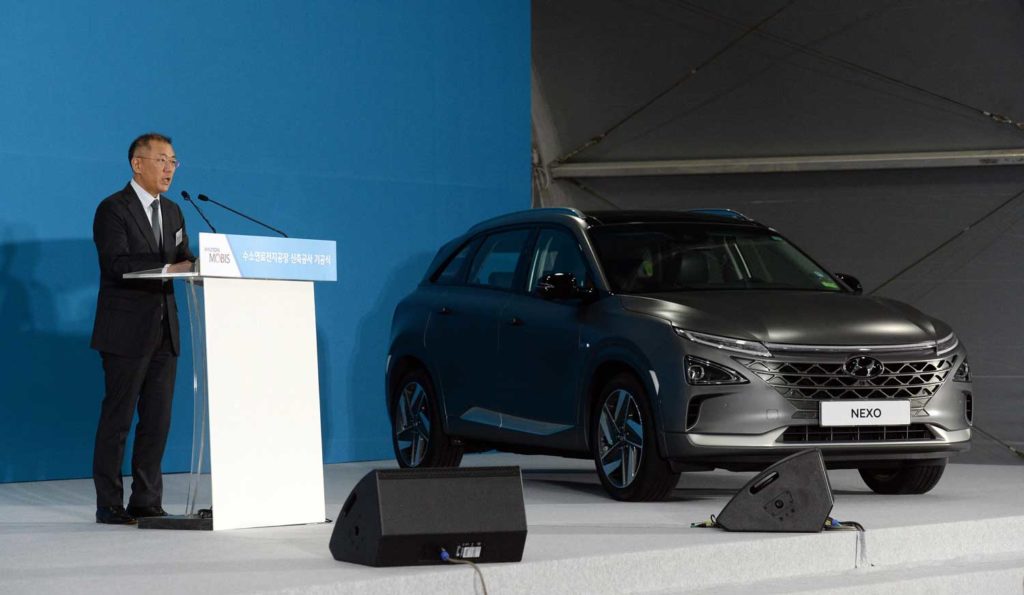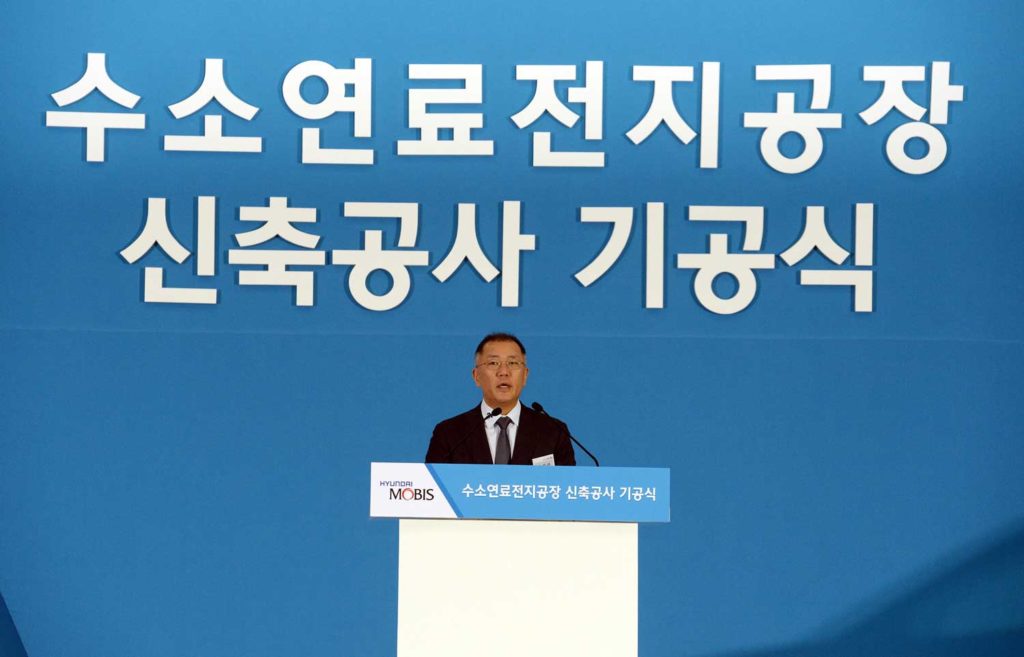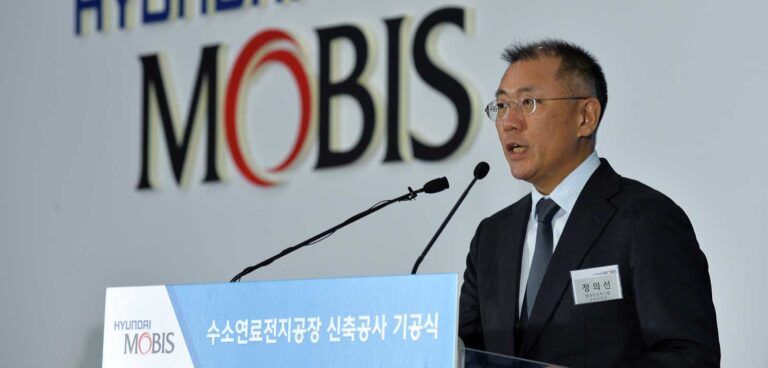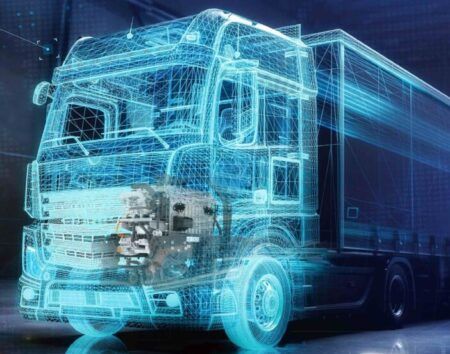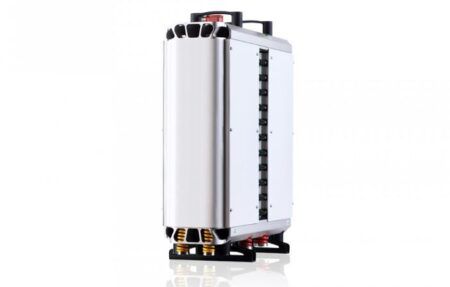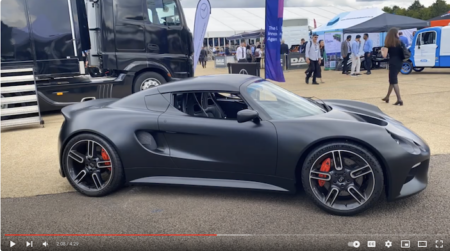Hyundai Kia has outlined its plans for development of hydrogen technology with its ‘FCEV Vision 2030’ roadmap. The strategy will see the group leverage its expertise in fuel-cell technologies, and will expand applications beyond the transportation sector.
The OEM group will increase its annual production capacity for fuel cell systems to 700,000 units by 2030, and will explore the possibilities of supplying its technology to additional sectors such as drones, vessels, rolling stock and forklifts.
“Hyundai Motor Group, the global pioneer of the commercial production of FCEV, is taking a bold step forward to expedite the realization of a hydrogen society,’’ says Euisun Chung, executive vice chairman of Hyundai Motor Group. “We will expand our role beyond the automotive transportation sector and play a pivotal role in global society’s transition to clean energy by helping make hydrogen an economically viable energy source. We are confident that hydrogen power will transcend the transportation sector and become a leading global economic success.
The Group plans to secure a 500,000-units-a–year FCEV production capacity by 2030, including passenger vehicles and commercial vehicles, in anticipation of demand for global FCEVs expanding to around 2 million units a year within that timeframe.
As part of the roadmap, the Group’s fuel cell system manufacturing affiliate, Hyundai Mobis, has held a groundbreaking ceremony for its second fuel cell system plant in Chungju, South Korea. The second factory will help Mobis increase annual fuel cell system output to 40,000 units by 2022, up from the current 3,000 units.
